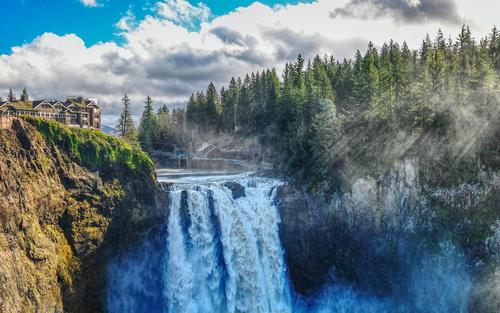Machine learning is a rapidly growing field with a plethora of applications in various industries such as healthcare, finance, and transportation. One of the groundbreaking applications of machine learning is in climate action, which is becoming increasingly important as the planet faces the consequences of human-induced climate change. The University College London (UCL) is at the forefront of pioneering machine learning techniques for climate action, and this article aims to delve deeper into the topic.
To begin with, it is important to understand what machine learning is and how it can be used in the context of climate action. Simply put, machine learning is a subset of artificial intelligence that uses statistical algorithms and data to train machines to learn and make predictions without being explicitly programmed. In the context of climate action, machine learning can be used to analyze and forecast weather patterns, predict the impact of climate change on different ecosystems, and identify the source of greenhouse gas emissions.
UCL is leading the way in the application of machine learning for climate action. One of the notable examples is the UCL Energy Institute’s work on developing machine learning models to predict energy demand in cities. The models use data from a variety of sources such as weather, social media, and energy usage patterns to forecast energy demand accurately. This information can help city planners to optimize energy distribution and reduce waste.
Another noteworthy application of machine learning at UCL is in the analysis of satellite data to monitor deforestation and land-use changes. Many countries, particularly those in the Amazon basin, are experiencing rapid deforestation, which contributes to greenhouse gas emissions and biodiversity loss. By using satellite data and machine learning algorithms, UCL researchers can detect changes in forest cover and land use, which can aid forest conservation efforts.
UCL is also utilizing machine learning to analyze climate models and predict the impact of climate change on essential resources such as water. The UCL Environmental Monitoring and Modelling Group has developed a machine learning model that can predict droughts in the UK up to six months in advance. This information can help farmers and water companies prepare for drought conditions and mitigate the impact.
In conclusion, UCL is at the forefront of developing machine learning techniques for climate action. Through the application of machine learning in various domains such as energy, land-use changes, and water resources, UCL is contributing to the fight against climate change. Machine learning has enormous potential to improve our understanding of climate change and help us develop effective strategies to mitigate its impact.
(Note: Do you have knowledge or insights to share? Unlock new opportunities and expand your reach by joining our authors team. Click Registration to join us and share your expertise with our readers.)
Speech tips:
Please note that any statements involving politics will not be approved.
